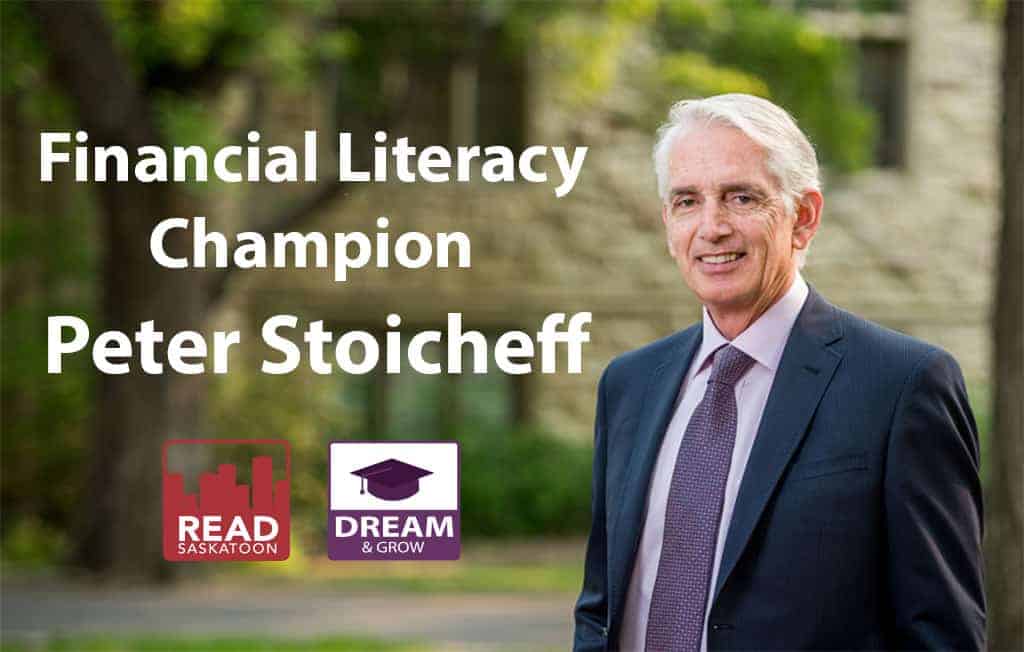Blog
Planning: A Family Project
0 CommentThe world is changing, and every day we are faced with choices. As we are increasingly bombarded with information, our ability to learn and adapt become critical to our livelihoods. But that isn’t the only challenge. As the cost of living continues to rise, the pressure to find a good job and start making money often competes with our need for education. This is a challenge that Dr. Peter Stoicheff, President of the University of Saskatchewan, understands.
“I think one big challenge, among many, for young people is not seeing the payoff of post-secondary education,” says Stoicheff. “The cost of education can feel insurmountably high, and the timeline for completing a program or degree can make you feel like you will somehow be behind those who start working immediately after high school.”
But this, Stoicheff knows, isn’t the whole picture.
“The world is a place where you find your way increasingly based on your ability to know things and sift through all the information that is swirling around you,” he says. “Going through post-secondary education is going to alert you to how important it is to remain curious, not just accept information, but to question what you read, and what you hear. And this is the kind of ongoing learning that doesn’t stop when you finish your program. It lasts a lifetime.”
This, of course, isn’t the only challenge young people face. Stoicheff recognizes there are multiple barriers to getting an education, even when you’ve decided it’s what you really want.
“Of course, cost is often a barrier, but there are a lot of other aspects that can make education challenging for people,” he says. “For example, if you are the first person in your family to go to university or post-secondary, you might not have the ongoing support and understanding that will help you make it through.”
Parents have a huge role to play in their child’s education, and financial planning is a great place to start.
“If parents are modeling good saving, and showing their children that the cost of education is something they are prepared to help with, this removes so many barriers,” says Stoicheff. “Consider getting your children involved in saving. Make planning a family project, and it will help them understand the importance of foresight. This way, you can share your child’s dream for a bright future and show them you are actively preparing for it.”
Starting an RESP is an important part of this process, as it can help children feel confident that regardless of what direction they go, their parents will help with the financial burden.
“If funding is even partially in place, this can help students feel more comfortable in their studies,” he says. “It is easier to focus on being a student when you’re not worried about having to work or how you’ll get by.”
Saving for your children becomes the foundation for something much bigger – your child’s dreams. When parents commit to helping their children financially, it reinforces that education is a priority, and opens a world of possibilities.
“Parents can do so much to encourage their children by helping them explore their interests,” says Stoicheff. “Help them develop their skills and interests, help them find what excites them. Find opportunities to help your kids visualise the kind of things that are possible through education.”
Stoicheff sees the University of Saskatchewan as part of a community, where a variety of organisations help parents and children understand the value of lifelong learning.
“The broader community that the University of Saskatchewan is a part of is really about raising people up through the education system and helping them find success,” he says. “I think READ is a fantastic organisation, and an example of a key player in an overall community that wants to support parents and children in their learning.”


